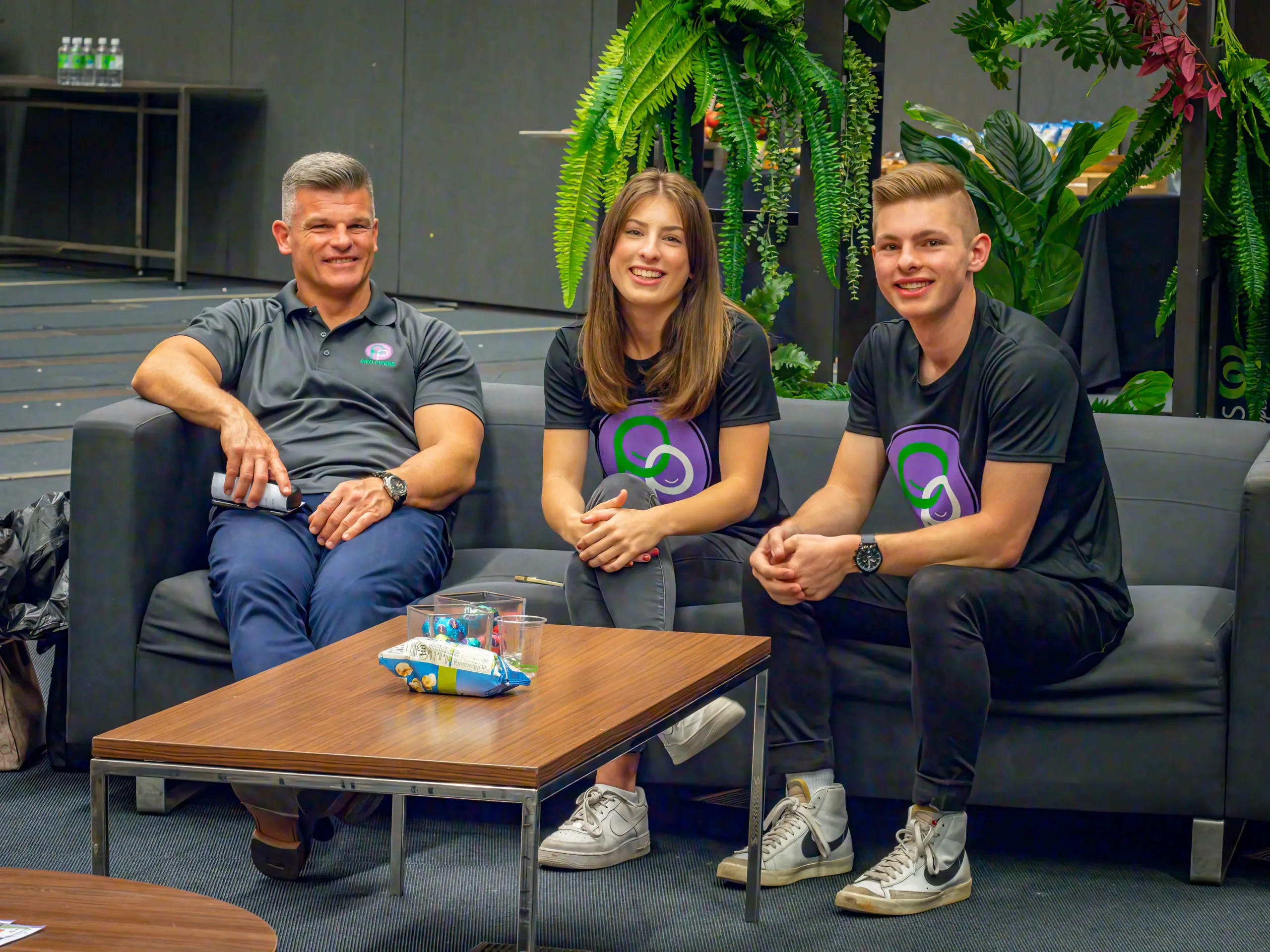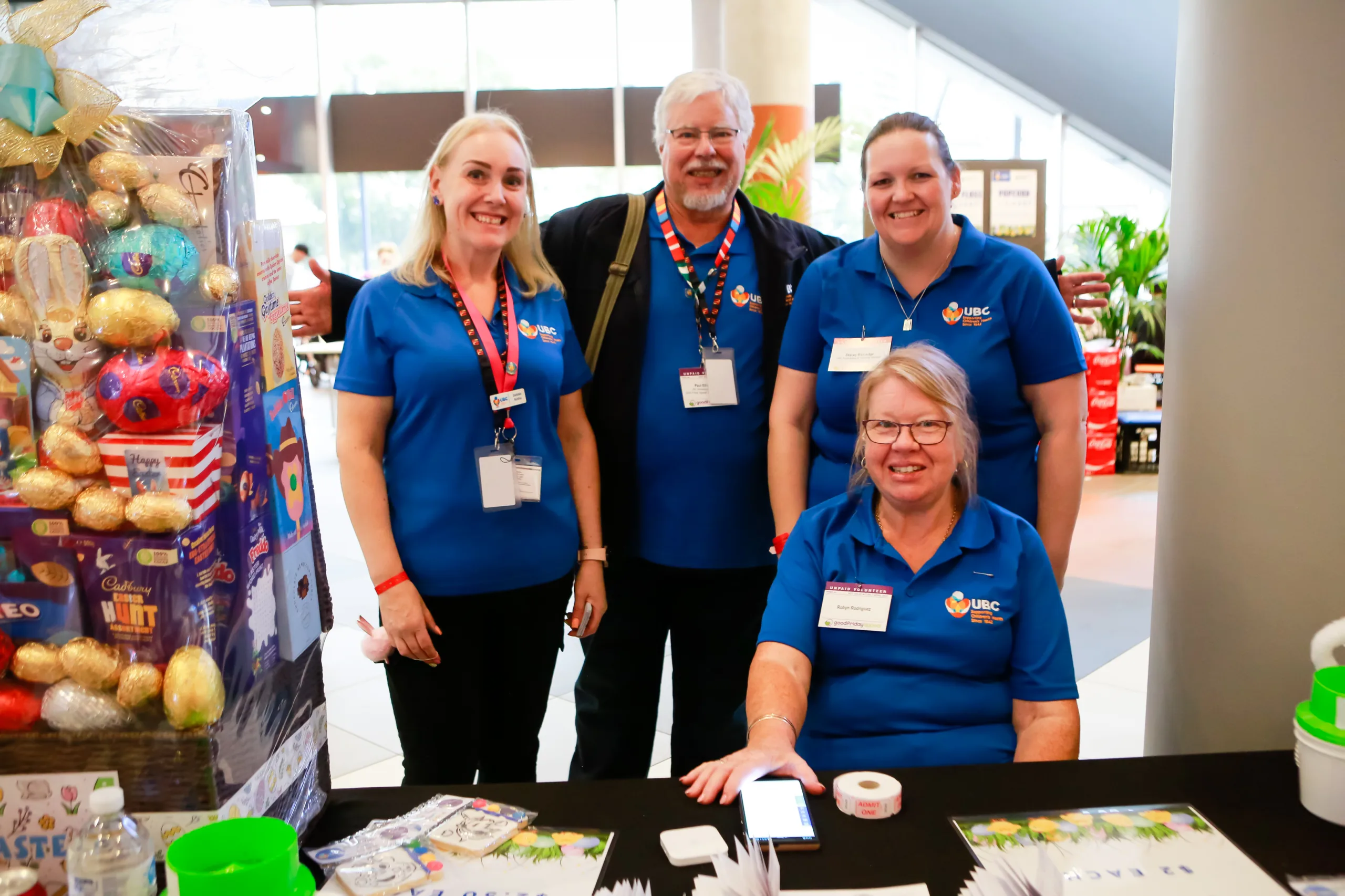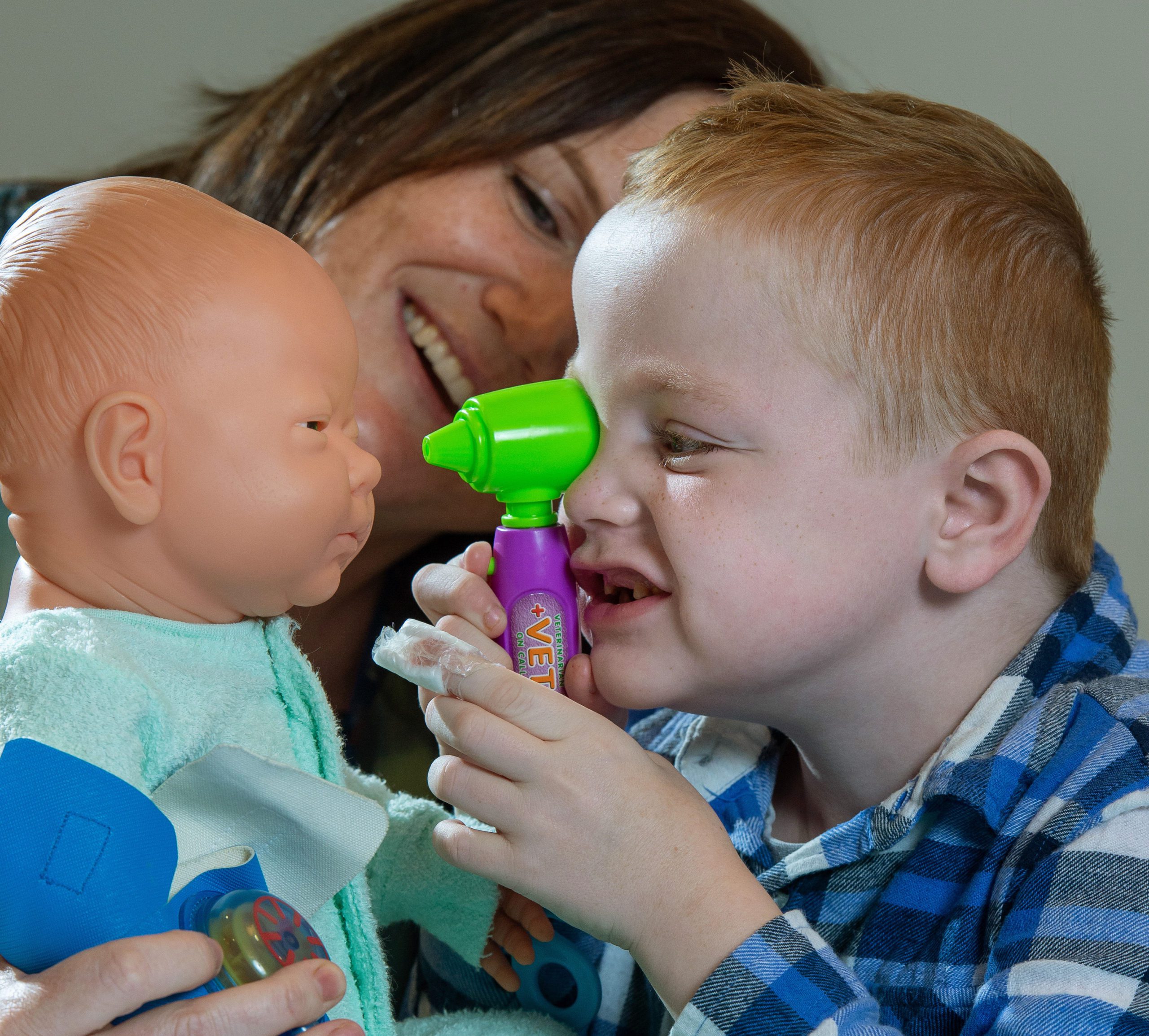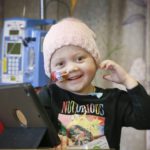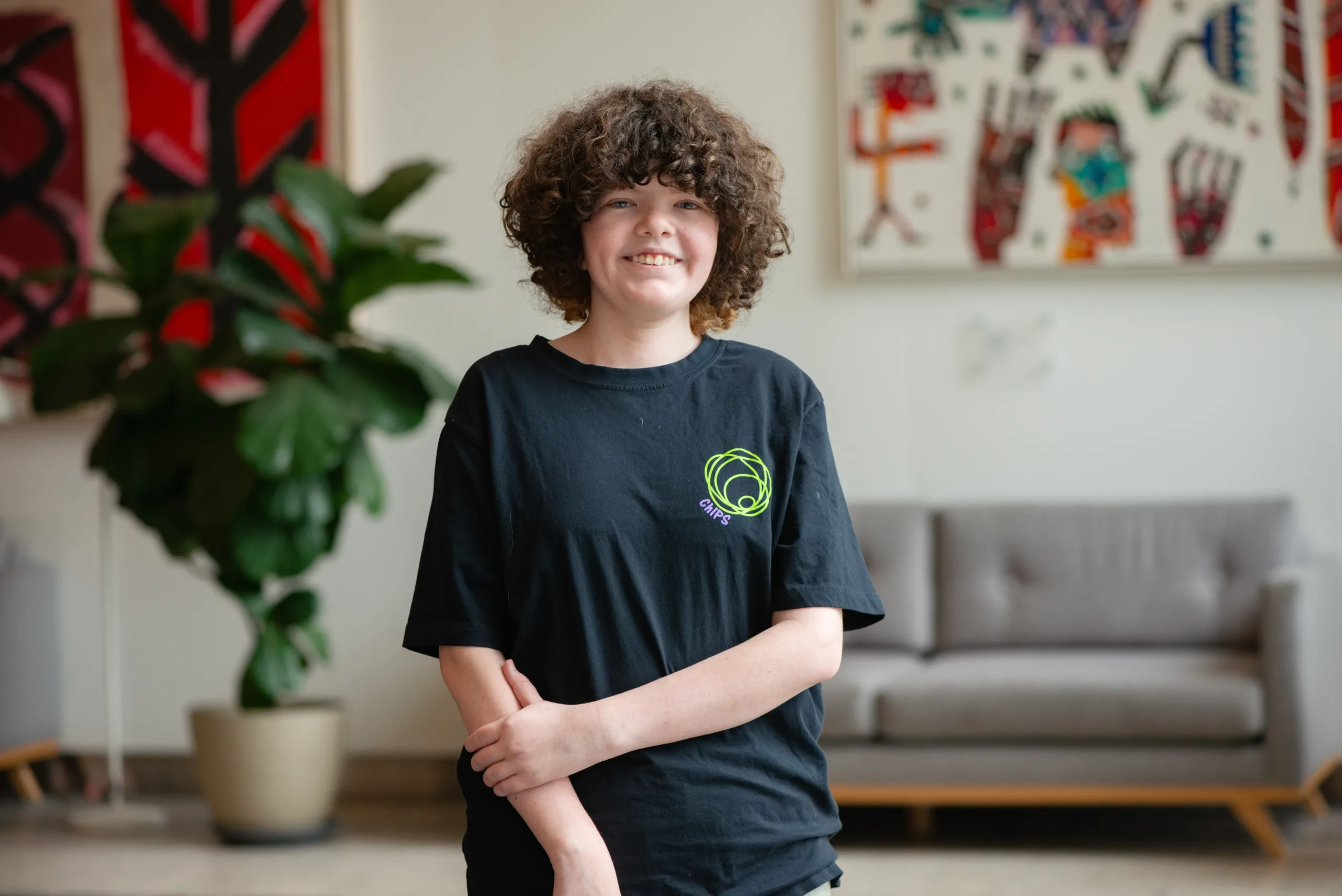
Chronic Illness Peer Support (ChIPS) Program
For three decades, the Chronic Illness Peer Support (ChIPS) program at The Royal Children’s Hospital (RCH) has been a beacon of hope for young people aged 12 to 25 living with chronic illnesses.
The ChIPS story doesn’t just encapsulate the program’s growth and longevity; it also shows the difference it has made in the lives of young people with chronic illnesses.
ChIPS was born out of a vision to provide a support system for young people who were navigating the complex and often isolating world of chronic illness.
“Thirty years ago, the idea of ChIPS came about because it was witnessed on the wards. The young people with chronic illness, who were regular patients of the hospital, were building friendships,” Harry Lengelsen-Brown, Program Manager of ChIPS shared.
“Over the thirty years, the core of the program has been asking young people what they want. So, everything that has changed and developed has happened organically because we’ve always asked young people what they wanted.”
Thanks to the Good Friday Appeal, ChIPS provides a supportive community for those navigating the complex world of chronic illness. It offers young people the opportunity to connect with each other through organised activities and twice yearly camps. There are currently 135 young people registered with ChIPS and up to 700 young people have participated in the program since 1993.
One of the most significant milestones in the ChIPS program took place in the early 2000s when the idea to organise the first ChIPS camp emerged.
“Some of the ChIPERS said they wanted to have a camp because they wouldn’t normally get to go on school camps. The staff were a bit taken aback at the time, so they said, ‘If you can raise $5,000, you can have a camp,’ and I’m told they chose a number that they thought could never be raised.”
“But it was – they went out with the support of their families and fundraised $5,000 and went back to the staff and said, ‘When are we going on camp?’ There’s been an annual camp ever since then,” Harry recalled.
“When the RCH Foundation said they were going to support the program, it changed the whole mindset of how we went about things. Knowing we could keep growing and implementing things was great,” said Harry.
“With the support of the RCH Foundation, we’ve been able to look at our calendar year and say we can run all of these events. I had a conversation with a young person, and he was never able to perform in a school musical, but he loves the performing arts.
“So, he wanted to run a musical production and we’re able to say ‘Yes, let’s do it!’ Without that funding and support, we wouldn’t have been able to say yes.”
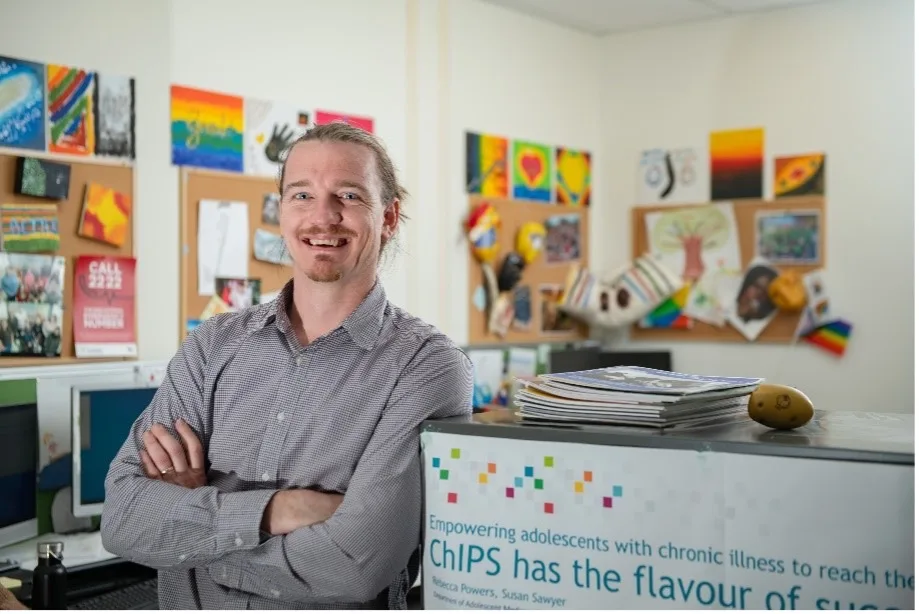
“When people from other hospitals across the world hear about the ChIPS program, they say, ‘How have you managed to do that?’”, Harry shared when reflecting on the ChIPS program’s incredible journey.
“The program is such a simple idea when you think about it: here’s a bunch of young people supporting each other, let’s put them into a program and see what happens. I wish the supporters of the program could meet some of the young people and hear from them and their families what this has meant for them because it’s genuinely life-changing.”
The longevity of ChIPS is not just measured in numbers but in the countless stories of resilience, hope and transformation.
“A particular story that stands out to me is a young person who said she wouldn’t be here if it wasn’t for ChIPS. When she first joined the program, she was in a very dark place. And now, she’s finished her degree and is just killing it,” Harry shared.
As the ChIPS program continues to go from strength to strength, its future is full of possibilities.
“Thirty years ago, they said, ‘Let’s listen to the young people and what they want, and we’ll do what we can to make that happen!’. And that’s still what we’re doing now, so as long as we remember that we can’t go wrong,” said Harry.
I want to say a massive thank you to all our supporters, including the Good Friday Appeal! It’s hard to capture in words what ChIPS means to the young people who have been in the program.”
Harry Lengelsen-Brown, Program Manager of ChIPS.
Impact Milestones
2020
- In response to the COVID-19 Pandemic, the team successfully adapted and delivered core programs in a hybrid format.
- Ensured patient engagement through a blend of virtual and face-to-face activities.
2021
- Continued virtual operations to ensure safety, facing and overcoming the challenges posed by the pandemic.
2022
- Continued virtual operations in the first half of the year.
- June 2022 – Slow reintroduction of face-to-face events.
- November 2022 – Presented at the Australian Association for Child and Adolescent Health (ACAH) conference.
2023
- Successfully achieved intake goals, engaged new referrals, and maintained a hybrid model for program activities.
- Staff participated in relevant professional development meetings and supervision sessions.
- Advocated for peers across the RCH hospital departments and participated in community events.
- Released an annual magazine and conducted leadership training for Peer Leaders.
- Organised and facilitated various social events, including the successful January 2023 camp post-COVID restrictions.
- Engaged in community events such as the Melbourne Pride March.
2024
- Completed filming of a short film project that was entered into the Focus on Ability Film Festival.
- 36 young people, 16 volunteers and medical staff attended yet another successful January Camp. 29 ChIPERS also attended the program’s September camp.
- After the impact at ACAH, ChIPERS were invited to present their guidelines to 20 allied halth staff at the RCH. This workshop is the first of its kind and will be an ongoing component of allied health professional development.
- Young people were invited to present and run workshops throughout the year at forums such as the Health Education Learning and Parents (HELP) in Adelaide and the Australian Association of Adolescent Health conference in Brisbane.
- The peer leadership team, which consists of more experienced program participants, received extra training. This included a Racism 101 Leadership Training, which saw five peer leaders in attendance.
- The socials subcommittee organised bi-monthly games night and four social events.
- The publications subcommittee released their latest version of their magazine.
2025
- 45 ChIPERS signed up for the January camp.
Last updated March 2025.

